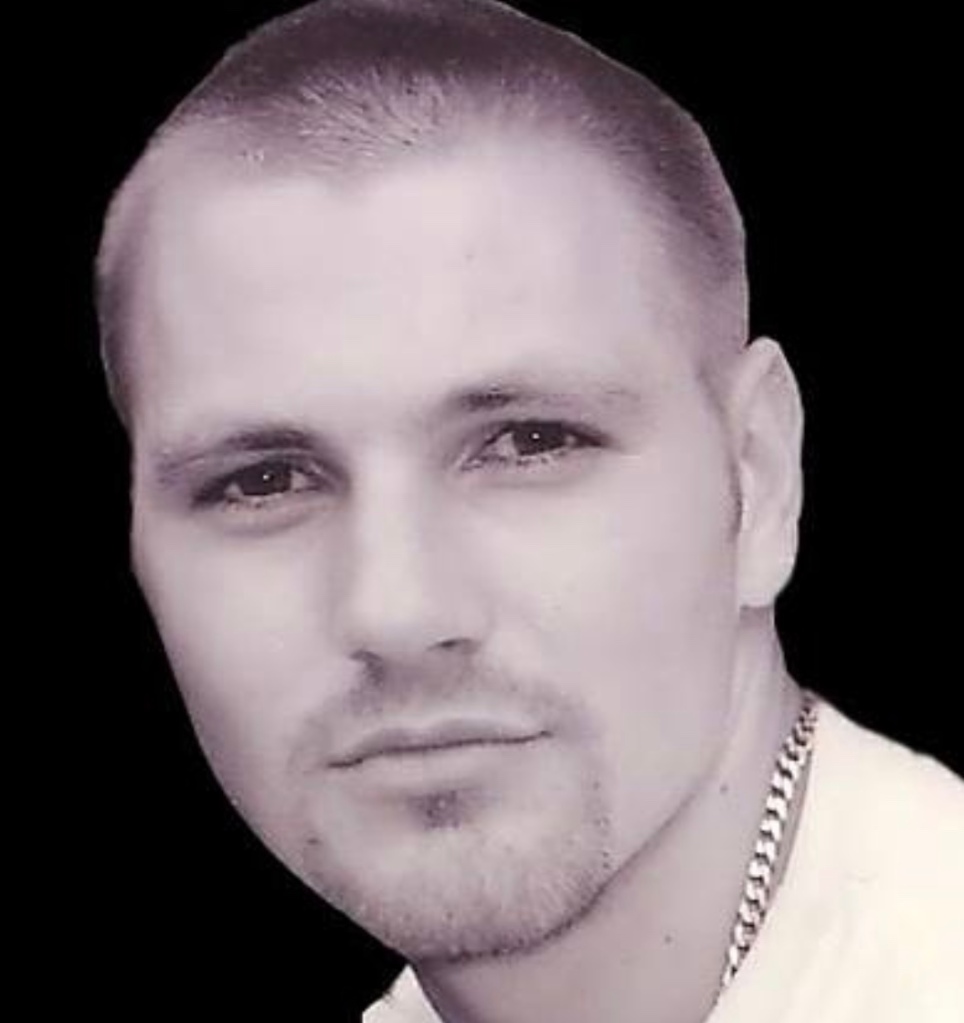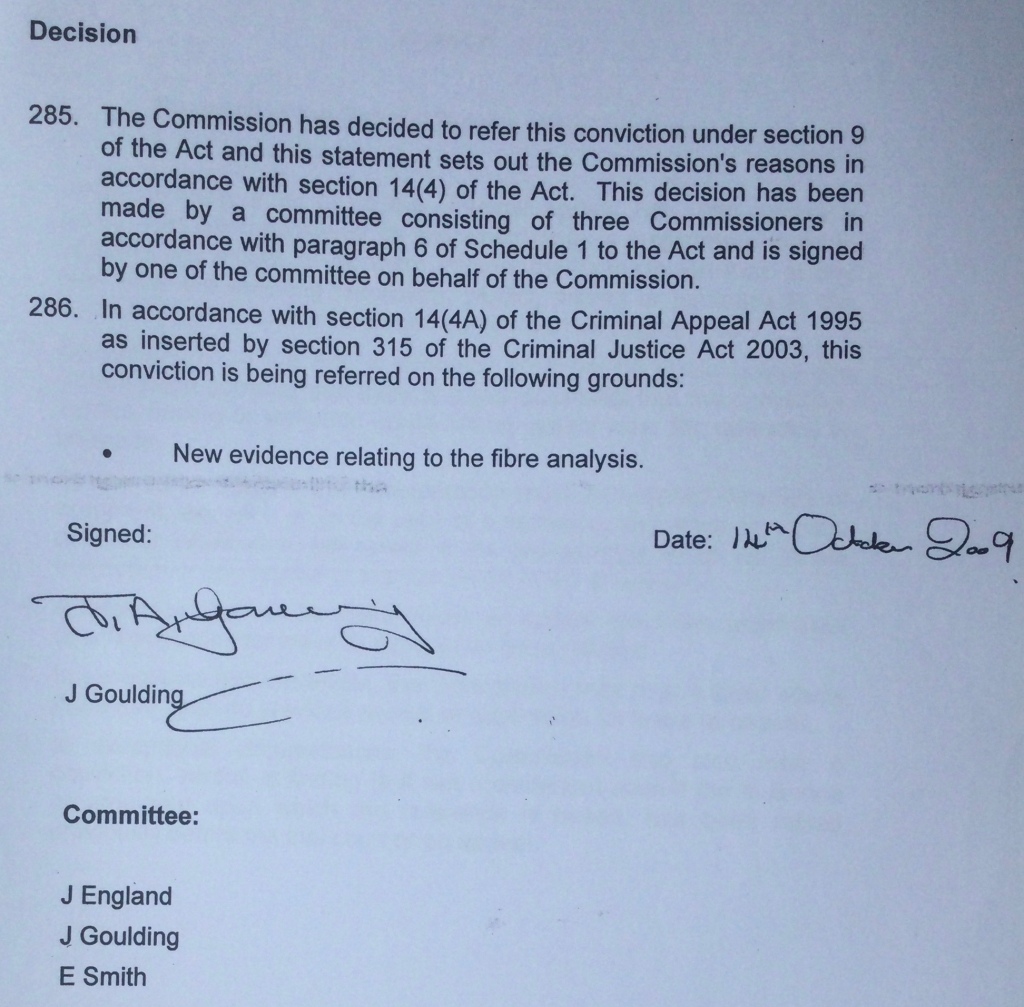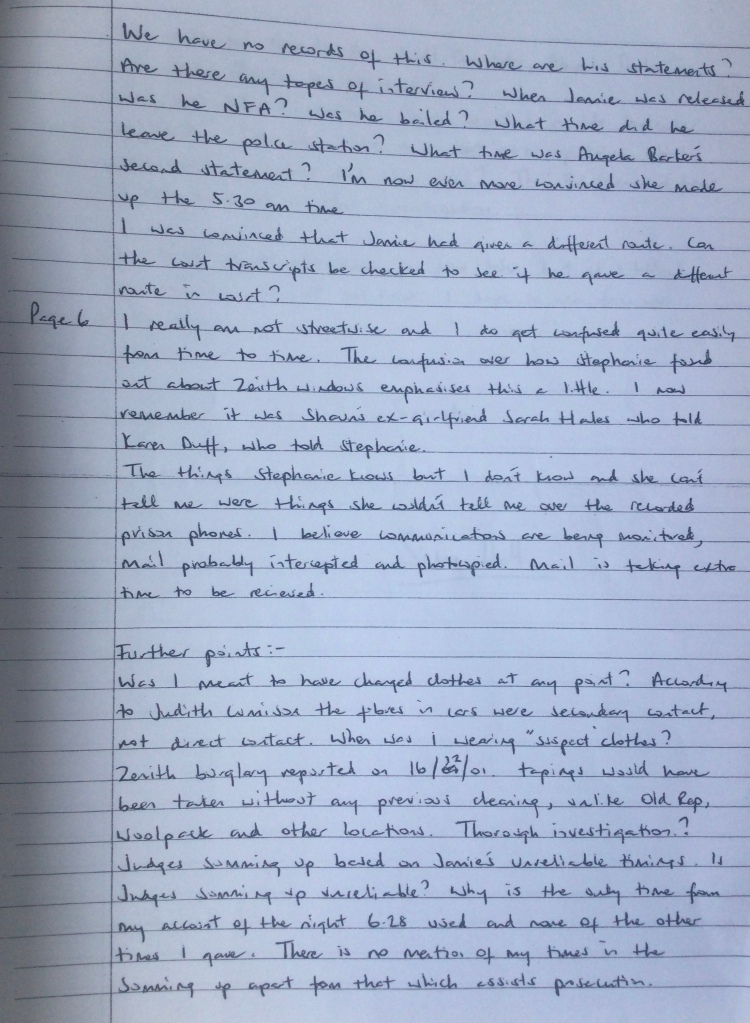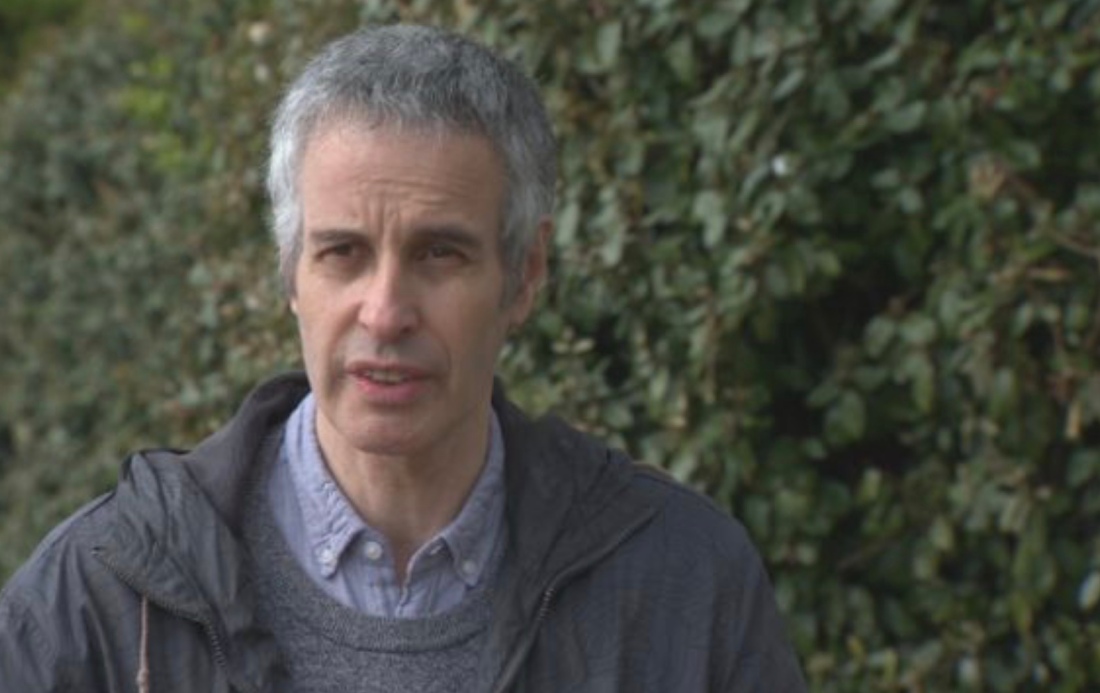
🌟 The Magic Makers 🌟

Helen Pitcher
Helen Pitcher is the current chairman of the criminal cases review commission (CCRC).
Helen was first appointed as chairman on the 1st November 2018 as can be read here, and was reappointed as chairman in 2021 as can be read here.
Excerpts reads;
The Ministry of Justice has confirmed the reappointment of Helen Pitcher in her role as Chairman at the Criminal Cases Review Commission (CCRC) – the independent body responsible for investigating possible miscarriages of justice.
The reappointment, approved by Her Majesty on the recommendation of the Prime Minister, takes Helen into her second term and fourth year at the helm of the CCRC.
Chief Executive, Karen Kneller warmly welcomed the appointment as the Commission marks its 25th anniversary next year.
“Huge congratulations to Helen from all of us here at the CCRC. We are delighted that the term for this role has extended from three years to five after we sought to lengthen it.
“Helen is not only our Chairman but is very much part of the fabric of our organisation, bringing invaluable and unrelenting consistency and experience to the role in the quest to investigate possible miscarriages of justice”.
The CCRC made the decision to refer Simon Hall’s conviction to his murder of Joan Albert to the court of appeal on the 14th of October 2009, based on what they claimed was “new evidence relating to fibre evidence”.

CCRC Commissioners Jim/James England, Julie Goulding & Euan Smith
The three CCRC commissioners who made the decision were Jim (James) England who had been chief crown prosecutor for West Mercia, Julie Goulding a trained nurse, solicitor and former NHS chief executive and Ewen Smith a criminal defence solicitor.

The three of them had been appointed as commissioners three years earlier, as can be seen here.
According to the CCRC;
Anyone convicted in the criminal courts of England, Wales or Northern Ireland, or in the Court Martial or Service Civilian Court, who believes they have been wrongly convicted or sentenced, can apply to have their case reviewed.
Applicants usually need to have exhausted the normal appeal process before approaching us.
It is our role to review cases and to identify any new factors which might shed light on the safety of the conviction or the correctness of the sentence.
The Commission considers cases impartially and employs people with a wide variety of skills and experience, including lawyers and investigators, to carry out this task.
In the course of a case review we may interview new witnesses or re-interview people involved in the original case.
We may also commission new expert reports or arrange fresh forensic tests such as DNA profiling.
The Criminal Appeal Act 1995 which created the Commission provided us with the power to obtain documents and information from any public body in England, Wales and Northern Ireland.
In addition to basic material from court and prosecution files, there are times when we need to obtain other material such as medical records or files from social services or other agencies.
Sometimes we also need to look at defence files or obtain material from private companies or individuals and will seek their co-operation in providing their records.
During this period, staff at the Commission will usually start work on the case by obtaining some of the papers that are required for a review such as the prosecution files and judgments from the trial and the original appeal.
The Commission’s casework is carried out by Case Reviewer Managers and Commissioners who are chosen for their experience and skill in relevant areas.
When a review is complete we will consider, in light of everything that is known about the case, whether there is anything that raises a “real possibility” that the appeal court would quash the conviction or reduce the sentence if we referred it.
Whenever a referral seems possible, a committee made up of three Commissioners will meet to consider the case and decide whether or not to make a referral.
When a referral is made, the relevant appeal court must hear the case.
It is for the court to decide whether or not the conviction should be quashed or the sentence reduced.
The Commission’s decision about whether or not to refer a case is communicated to the applicant and his or her legal team or designated representative in a document called a Statement of Reasons.
This sets out in detail the Commission’s analysis of the case and the reasons for its decision.
Excerpts from the CCRC’s 2009/10 annual report and accounts
Abracadabra 🪄
The CCRC’s 2010/11 annual report and accounts, which included a reference to their referral to the court of appeal of Simon Hall’s conviction to his murder of Joan Albert read;
There is no doubt that the way in which expert evidence is presented to juries, and the weight that is attached to it, will become an increasingly important feature in appeals.
In this respect, we have found it helpful to be able to share knowledge and experience with the Forensic Science Regulator and his staff who have offices within our building.
Examples of the ways in which expert evidence has come before the Court this year as a result of Commission referrals include:
* methods of comparing fibres (R v Hall [2011] EWCA Crim 4)
Excerpts from page 19 of the CCRC’s 2010/11 annual report and accounts
The CCRC’s October 2009 statement or reasons highlighted at their paragraph 16 just one of what they viewed to be a “central” aspect to the prosecutions case, as per screenshot below;

Although the CCRC did make reference to Lynne Hall’s “reliability” at their paragraph 225;

Cherry Picking
The CCRC chose to cherry pick at the prosecutions closing speech and magic away the Hall families concocted evidence, which again Graham Parkin stated was woven into the general framework of the case;
Now Simon Hall was wrong in our submission when he said that this case is all about those fibres.
True it is that the finding of fibres is central to the prosecution case and of course without them there would be no case.
But it doesn’t rest simply on your assessment and your decision based on those fibres in Mrs Cunnison’s evidence.
No it does not. In fact I’ll go so far as to say this, the prosecution now have more evidence in this case for you to consider than we could ever possibly imagined we were going to have when I stood up to open it to you to outline it to you in other words just over a fortnight ago.
Now members of the jury we did not know nor indeed could we know that Simon Hall’s case was to develop well beyond what he had ever said before.
More particularly during the course of long detailed sensible interviews concluded by police officers in the presence of his solicitor throughout.
We did not know that his defence would include some material, and I’m going to say this, I’ll use the word deliberately and explain to you why I say it in a moment.We couldn’t know that his case was going to involve material, which has been concocted.
Made up.
If you find it so to be you’ll have to ask yourselves the question why has it.
Because concocted means deliberate and dishonest.To be woven into the general framework of the case, the general framework of his movements on that particular weekend of his lifestyle and those of his family generally.
It is a serious submission that I make to you.That Simon Hall aided by members of his family his rehearsed story, which they know in important parts not to be true.
He’s done it for an obvious reason the Crown say to escape proper justice.
To stave a conviction for murder.
Others in his family have done it for a perfectly understandable reason, wrong though it is in the result. Perfectly understandable isn’t it?
Mrs Hall said as you would have expected to, they can’t she can’t begin to believe that he Simon could do the thing which he is accused of. And I’ll add to that what mother could?
Excerpts from the prosecutions closing speech by Graham Parkin (starting at the bottom of page 16 continuing onto page 17 here)
Simon Spence For The Crown Prosecution Service & The Three Court Of Appeal Judges

Again, it is not known why Simon Spence on behalf of the crown prosecution service seemingly conceded with the CCRC in 2009/10 in relation to the fibre evidence.
It is also not known why three court of appeal judges (Lord justice Pitchford, Mrs justice Dobbs and Mr justice Kenneth Parker) would also be seen to magic away other central features of the original prosecutions case.
The court of appeal judges went on to state in their January 2011 judgement (at paragraph 3 and 5 respectively);
Before we embark upon a consideration of the evidence and argument adduced at this appeal we shall describe in summary the prominent features of the circumstantial evidence at trial
The Crown acknowledged that the central feature of its case against the appellant was the evidence of fibre analysis
Excerpts from January 2011 court of appeal judgement here
October 2009 Statement of Reasons
A copy of the CCRC’s statement of reasons of why they referred actual, factual guilty killer Simon Hall’s murder conviction to the court of appeal has been published here.











